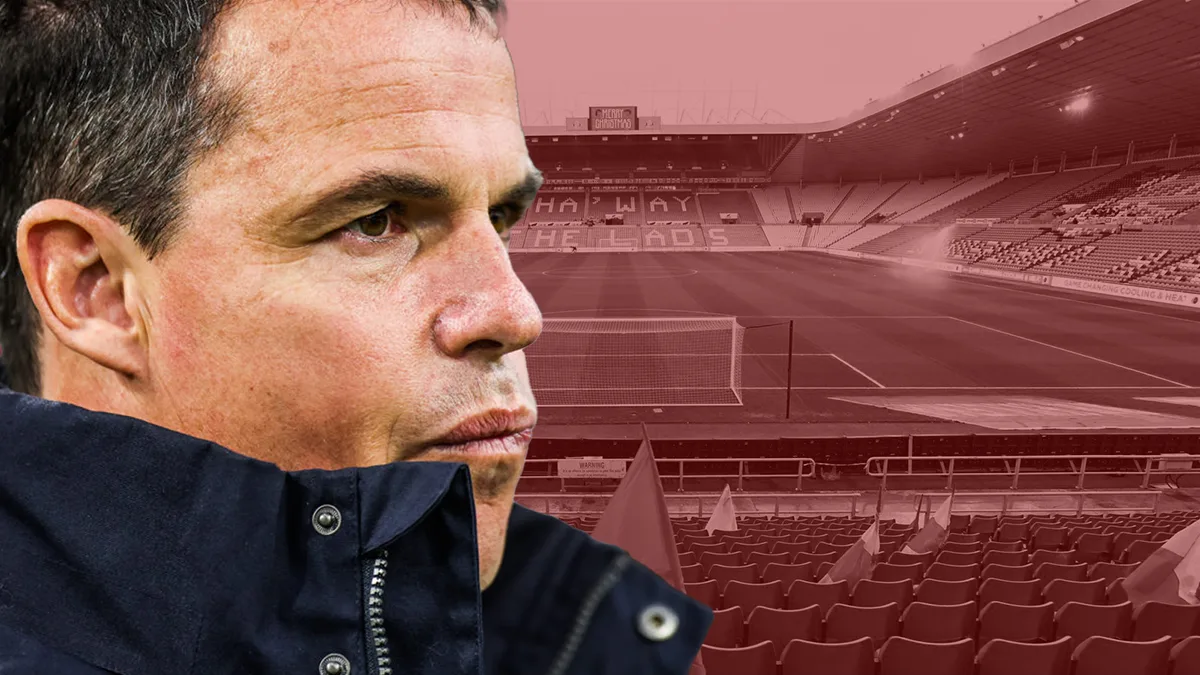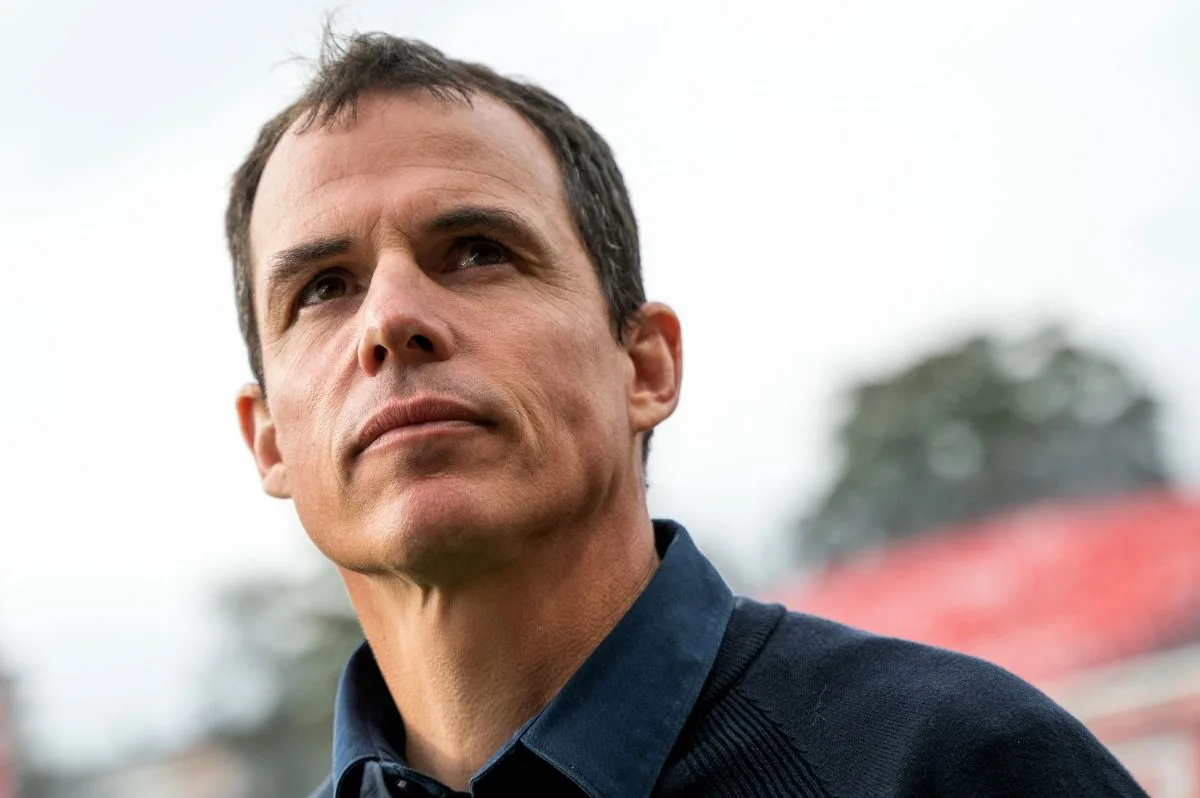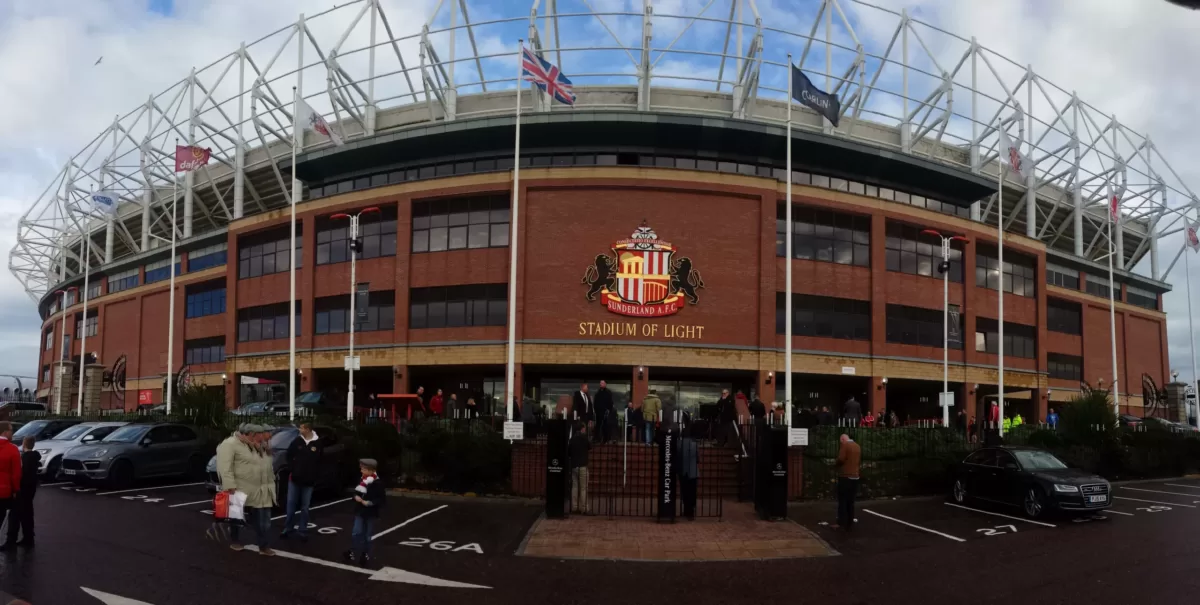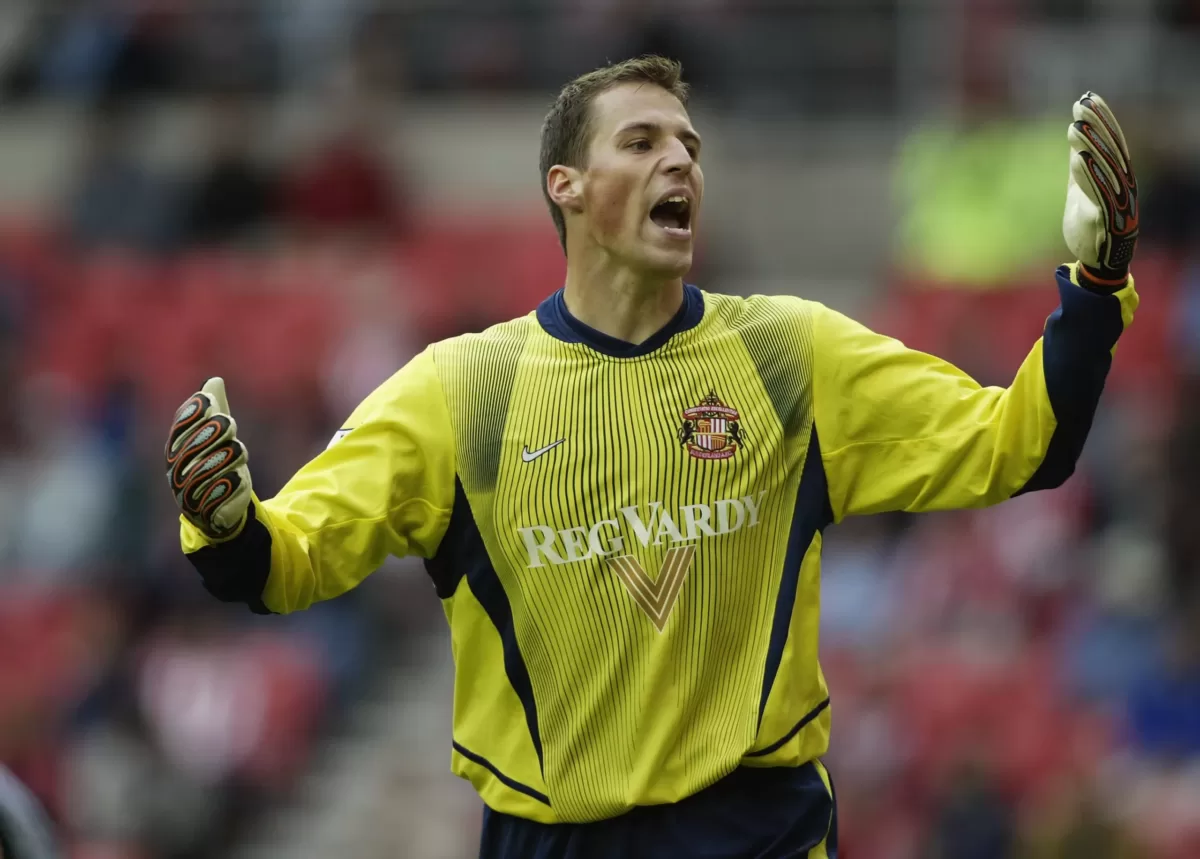One of the frequent fun things that keeps rearing up in League One is a fixture that years ago, back in the beforetimes, was just a really, really beige Premier League game that was guaranteed to be last on Match of the Day. This weekend is just such an occasion, as we head down to whatever name they’ve given the Reebok Stadium these days.
Since those heady days of Premier League obscurity, Bolton have actually had a more twisting and turning ride through the ridiculous world of football than we have, as they’ve taken themselves to Europe (with Gary Megson, no less), delved to the depths of League Two, nearly gone bust a few times, and, because it’s a badge of honour for football clubs going through a rocky time, they also gave Phil Parkinson a go. Incredibly, at Bolton Parky was not the deflated bus driver devoid of tactical creativity that haunted the Wearside dugout, but the promotion winning deflated bus driver devoid of tactical creativity that occasionally smiled near Manchester.
But Parkinson is not the only poor soul Sunderland and Bolton have in common, so strap yourselves in for a brief look into first, our shared history.
Jason McAteer
Trigger himself, Irish international midfielder Jason McAteer is probably most well-known for his time at Liverpool in the mid-1990s, but it all started out at Bolton for the Scouser back in 1992. Not that he was a Bolton product, oh no, because McAteer famously was signed by Wanderers from Marine for the princely sum of £500 and a bag of footballs, because transfers were just better back then.
Over a stretch of four years, McAteer made 114 appearances, scoring eight goals, winning the First Division play off final and a League Cup runners up medal along the way. His steady, consistent performances earned that move to boyhood club Liverpool, but 100 games over the following four years and being shifted from centre mid, right wing and right back saw him essentially being the 90s version of Luke O’Nien. McAteer left Anfield in 1999, signing for Blackburn for £4m (imagine the amount of balls that could buy) and helped Rovers get back into the Premier League in 2001.
Later that year however, and a £1m bid from Sunderland was all it took to bring him to Wearside. It’s hard to define McAteer at Sunderland, because we were absolute dog dirt when he arrived, so it’s difficult to tell if he was actually any good. Within a single game he was capable of looking classy and cultured whilst simultaneously looking like the mate with two left feet who still wears his PE kit that you’re forced to draft into 5-a-side one desperate Sunday afternoon.
The two defining moments of McAteer’s time at Sunderland are, without doubt, first, him managing to wind up Roy Keane into a sending off, miming writing an autobiography as Keano was (for McAteer’s protection) being guided off the pitch. Second, McAteer trying and failing miserably to repeat that feat against the world’s greatest wizard of the dark arts, Dennis Wise.
After leaving the club with us stuck in the First Division, McAteer finished his career with a three-year stay at Tranmere, where he also ended up as assistant manager. Whether you remember him as one of the Liverpool Spice Boys, or for his infamous pizza slices quote, there’s no doubting that McAteer was one of football’s more unique, floppy-haired characters.
Barry Siddall
The man affectionately known by many up here as The Flying Pig, the man tasked with taking the gloves on after club legend Jimmy Montgomery retired, moustachioed Barry himself. Siddall started out in 1972 with Bolton and established himself as first choice, making 137 appearances before leaving for Roker Park in 1976, winning the Third Division on the way.
Barry Siddall could only exist as a footballer in the 70s and 80s in England. He looks like every single one of those Old School Footballer Panini twitter accounts. Every. Single. One. He looked 48 at literally every stage of his career, but was never anything less than a steady pair of hands and one of those footballing personalities who you didn’t mess with. Siddall’s time with Sunderland was mixed in terms of success, as we got relegated at the end of his first season, and didn’t get back to the top flight until three years later in 1980 – at which point he was then loaned out to Darlington, and, again in a transfer that only happened in the 80s, he took in a loan spell at Vancouver Whitecaps.
The keeper left Sunderland permanently in 1982 to begin his classic footballing nomad journey, lasting 13 years which saw him turn out at (deep breath): Port Vale, Blackpool, Stoke, Tranmere, Man City, Blackpool (again), Stockport, Hartlepool, West Brom, Mossley, Carlisle, Chester, Preston, Lincoln, Northwich Victoria, Burnley and Birmingham. At only two of which did he make more than 25 appearances, lovely stuff. If the Blackpool Gazette is anything to go by, Barry worked in a post office upon retirement from the world of football, which just seems right.
Declan John
Who?
































